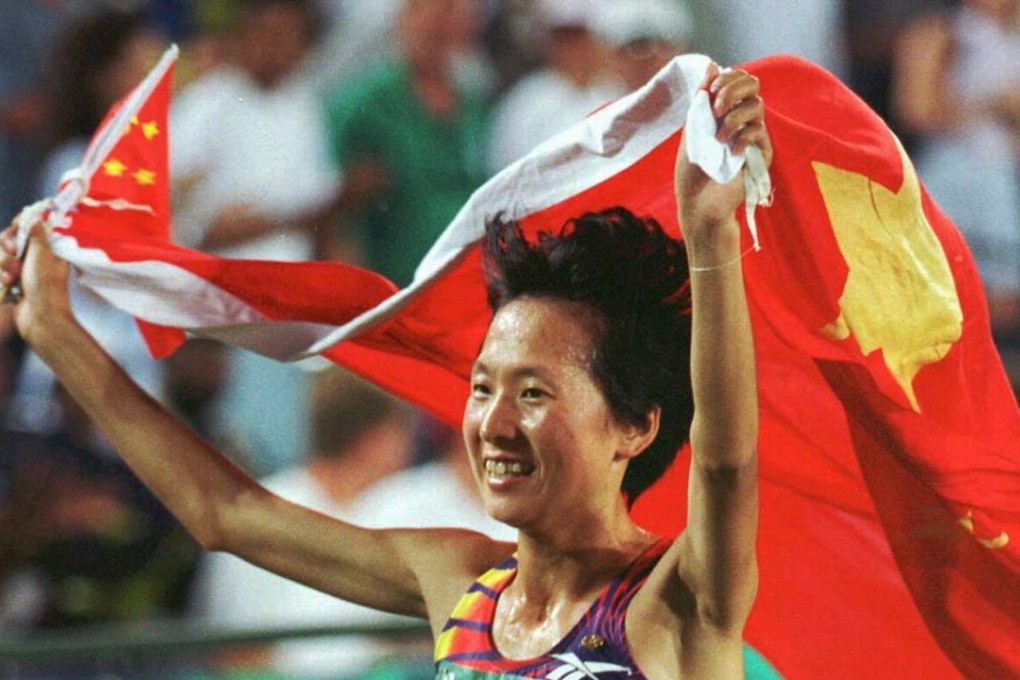Forced state-sponsored doping revealed by China athletes who now risk loss of world records, titles and medals

A regime of state-sponsored doping has been detailed in a letter from world record holding Chinese runner Wang Junxia and the squad of nine runners nicknamed Ma’s Army to a journalist, mainland media reports.
Wang revealed in 1995 that she and her teammates were forced to take “large doses of illegal drugs over the years”, according to a report that surfaced this week.
After inquiries from the South China Morning Post, the International Association of Athletics Federations launched a probe into Wang’s allegations.
The probe aims to verify the letter and, if proven to be from the runners, has consequences for their titles, medals and reputations.
The letter was penned two years after Wang set two world records in the 3,000 metres and 10,000 metres – marks that stand today.
We are humans, not animals
She wrote about how the women on the team tried to avoid the state-run doping regime by quietly throwing away pills forced on them.